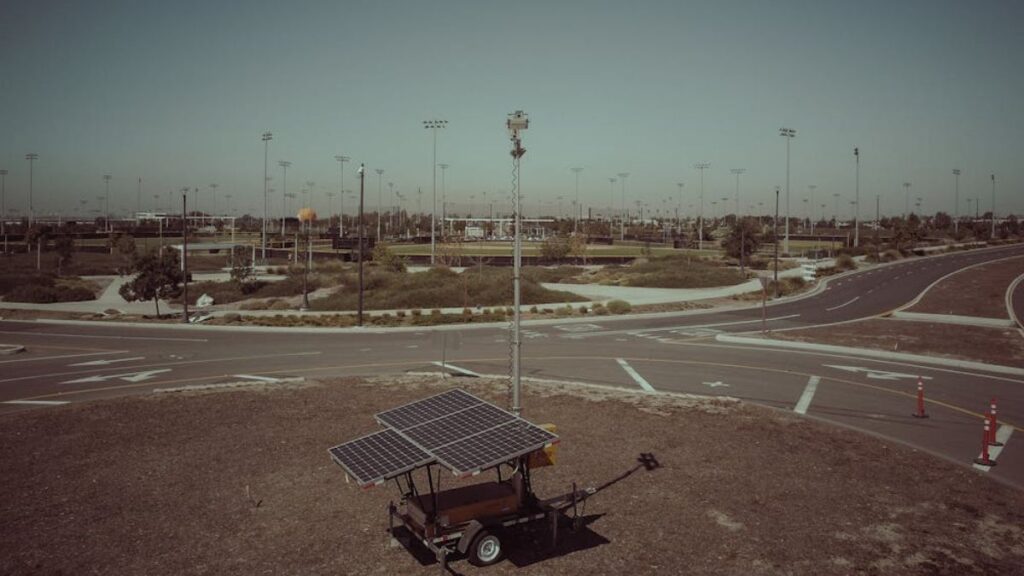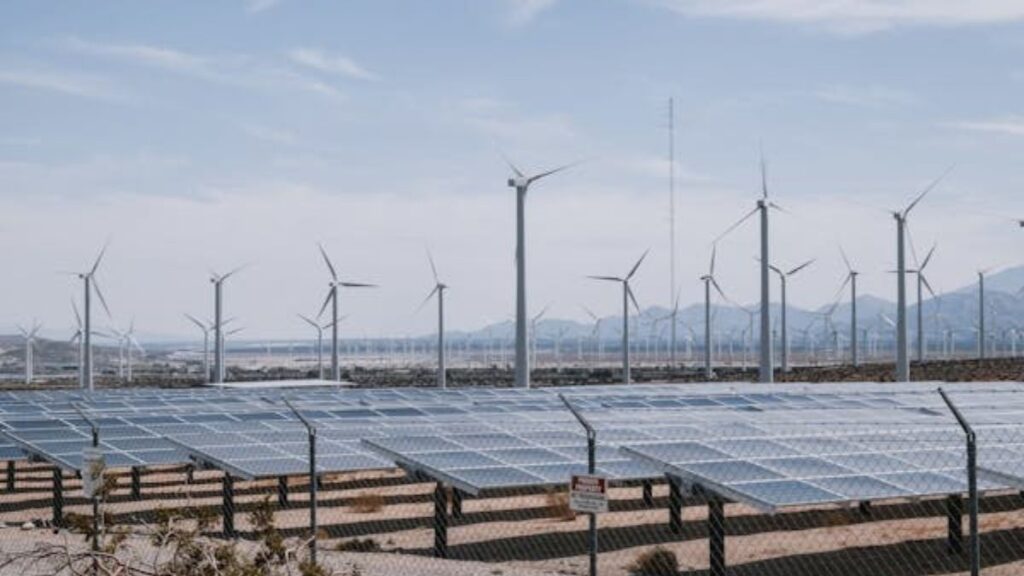Choosing the right generator can be a complicated task, given the wide range of options available in the market. Whether you’re looking for one to power your home, business, or outdoor activities, it is essential to consider several factors to ensure the generator you purchase meets your needs. From the type and size to fuel efficiency and reliability, each aspect plays a role in determining the best choice. This guide will help you understand what to look for when buying a generator, so you can make an informed decision.
Types of Generators
When shopping for a generator, the first step is to understand the different types available. There are primarily two categories: portable generators and standby generators. Portable generators are designed for temporary use and can be moved around to different locations as needed. They are typically powered by gasoline, propane, or diesel. Standby generators, on the other hand, are permanently installed and automatically kick in when the power goes out. They are usually powered by natural gas or propane. Another growing category is hybrid diesel generators, which combine the benefits of both diesel and electric power. These generators provide a versatile and environmentally friendly alternative, offering the reliability of diesel with the efficiency of electric-powered systems. Depending on your needs, choosing between these various types can make a significant difference in how well your generator functions in different situations.
Fuel Type and Efficiency
The type of fuel a generator uses plays a crucial role in its overall performance and cost-effectiveness. Common fuel types for generators include gasoline, diesel, propane, and natural gas. Gasoline-powered generators are widely available and relatively inexpensive, but they tend to be less fuel-efficient and may require frequent refueling. Diesel-powered generators, on the other hand, are known for their efficiency and longer operational life, making them ideal for heavy-duty applications.
Generator Size and Power Output
The size and power output of a generator are essential factors to consider, as they determine how much equipment or space it can power. To choose the right size, you need to calculate the total wattage required to run the appliances or tools you plan to power. This can be done by adding up the wattage of each item you intend to use.
Generators are typically rated by their wattage output, which is either listed as running watts or surge watts. Running watts are the continuous amount of power the generator can provide, while surge watts refer to the extra power required to start electrical appliances with motors, like refrigerators or air conditioners. Make sure the generator you choose can handle both the running and surge watt requirements to prevent overloading and ensure smooth operation.
Noise Level
Noise can be an important consideration, especially if you live in a residential area or need to use the generator for outdoor events. Generators are known to produce varying levels of noise, which can be disruptive in certain environments. Manufacturers often list the decibel (dB) rating of a generator, which indicates how loud it is when running. For quieter operation, look for models that feature soundproofing or those designed specifically for low noise output.
In many cases, portable generators tend to be noisier than standby generators. However, even within the portable generator category, there are quieter models available. If noise is a concern, consider investing in a generator with a low decibel rating or one that can be housed in a soundproof enclosure. This will ensure that you can run your generator without causing disturbance to neighbors or interrupting activities.
Durability and Maintenance

Durability is another essential factor to consider when buying a generator. A durable generator can handle the demands of continuous use, which is especially important if you live in an area with frequent power outages or need the generator for outdoor work. Look for models with sturdy construction and long-lasting components. Some generators come with additional features like corrosion-resistant frames, which help them endure harsh environmental conditions. Maintenance is also key to keeping your generator running smoothly. Choose a model that offers easy access to key components, such as the air filter, fuel filter, and spark plugs, to make maintenance tasks easier.
Price and Warranty
Price is always a factor when making a purchase, and generators are no exception. The cost of a generator can vary widely depending on its type, size, and features. While it may be tempting to opt for a less expensive model, keep in mind that you often get what you pay for. A cheaper generator might not be as durable, fuel-efficient, or reliable in the long term. Therefore, it’s crucial to weigh the upfront cost against the long-term value it will provide.
Buying a generator involves considering various factors, including the type of generator, fuel efficiency, size, noise level, durability, and cost. Always take the time to do thorough research and assess your unique requirements before making a purchase.







